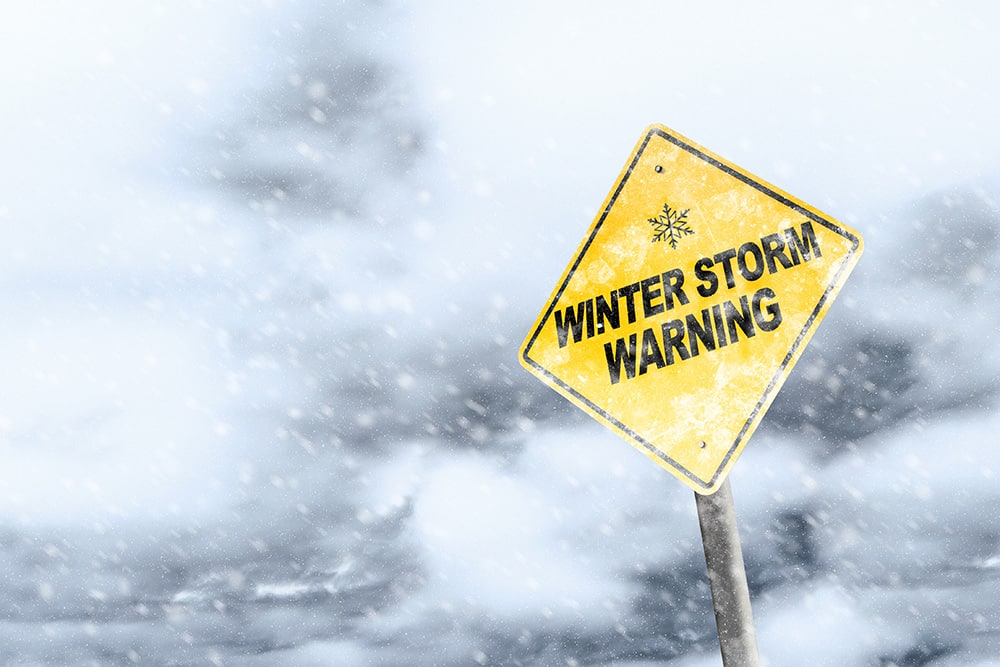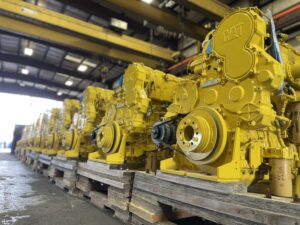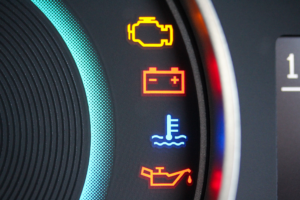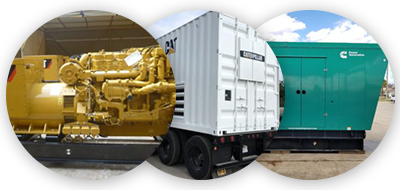
Winter is coming! For the third consecutive year, La Nina returns to create problems during our coldest months. While La Nina is associated with warmer-than-average temperatures in some areas, it also creates severe weather incidents in others. The NOAA predicts below-normal temperatures from the Pacific Northwest to the western Great Lakes regions.
Accuweather predicts snowy conditions across the Northern tier and severe weather events across the southeast. All indications point to a mild beginning of winter but a harsh onset of winter conditions after the start of 2023. The polar vortex is predicted to dip into the northern plains unleashing the coldest air of the winter across dozens of states. If conditions permit, the chilling temperature of the polar vortex could reach as far as the southern regions of Florida and Texas.
Learning from the Past
After the severe winter storms Nemo, Uri and others, we know not to ignore winter weather warnings. Past winter storms wreaked havoc on some regions, shutting down cities and causing statewide power outages. With so much attention on the US’s aging power grid, many are asking how we can prevent major losses in the wake of a major winter storm. A solid backup power plan can save your business and keep it running when a winter storm hits.
How Businesses Prepare for Major Storms
Prepare for a power outage with a comprehensive backup power plan, including standby generators ready to power your business operations immediately in the event of a power loss. When a winter storm hits and power goes out, the backup plan goes into action immediately. Generators power up and keep the lights on, computer systems running, and critical equipment operating.
A backup generator protects your business from:
- Product loss
- Data breach
- Downtime
- Security failures
- Medical emergency
- Loss of revenue
Creating your backup power plan:
- Assess your risk and power needs: create a reliable backup power plan that fits your needs by first assessing your risk and energy needs during a power outage. Each business is unique and has different power requirements to continue operations. Some need to power an entire operation, while others only need to keep critical operations running. Knowing what you will need during a power outage is the first step.
- Diesel or natural gas: learn what type of generator fits your needs, diesel or natural gas. Both are reliable sources of power, but each has requirements to run at its peak. Natural gas generators require access and connection to gas utility lines and run quieter and cleaner than their diesel counterparts. Diesel generators are more reliable because they do not rely on utility lines to operate. However, they are limited by the amount of diesel fuel available.
- Budget: know what fits into your operating budget. Also, consider the financial benefits of having a generator. A generator will pay for itself during a power outage because your business will continue to operate and avoid losing revenue. A generator is another form of insurance for your business, protecting you from loss of power, security, production and revenue.
Depco can help
Rely on Depco to create your backup power plan today. Our sales team will create a plan tailor-made for your business. Depco has commercial and industrial generators in stock for emergency and backup power. Once a winter storm strikes, it is too late to take action. Make sure you have a reliable backup power source ready to go.






